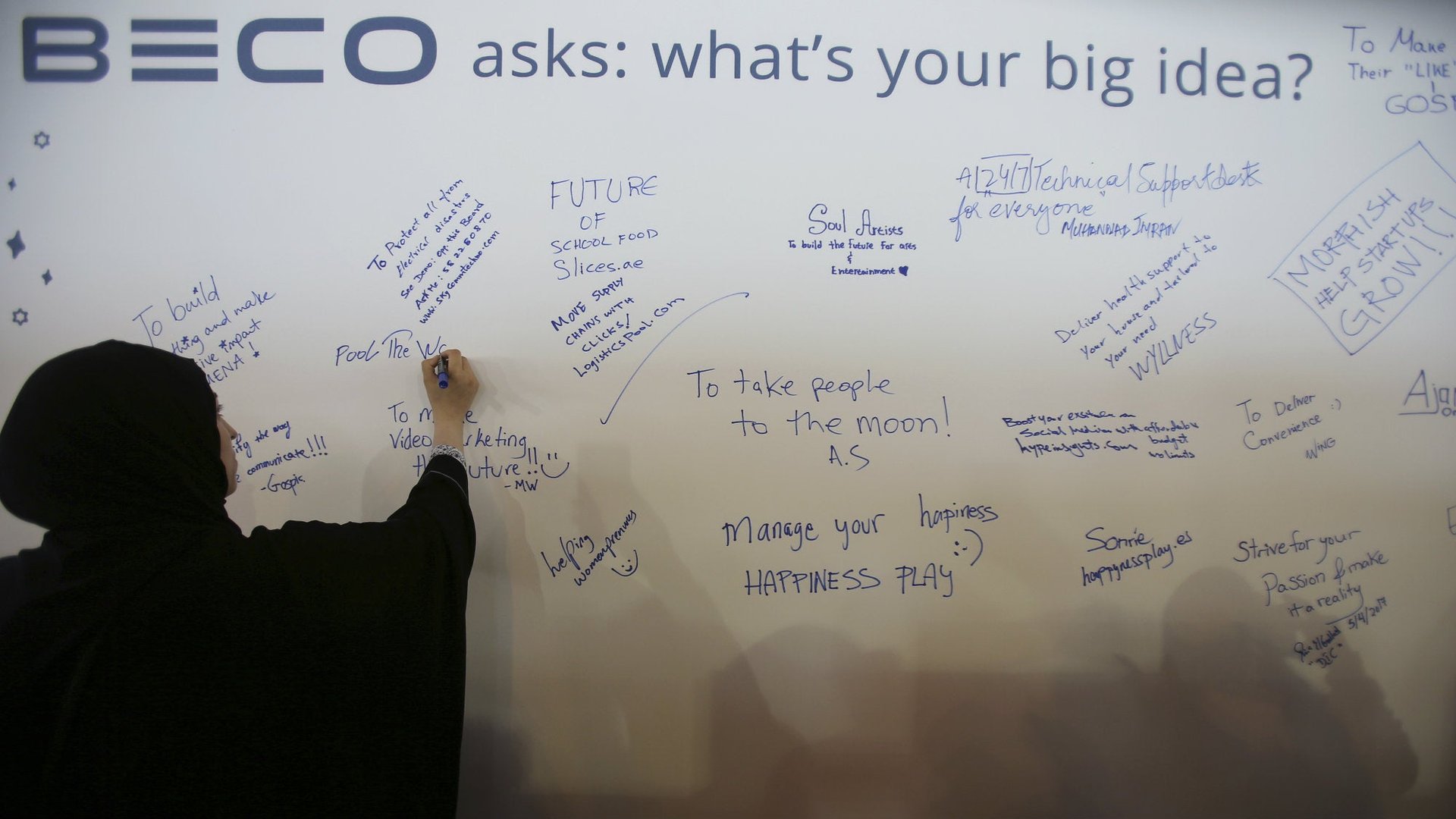The secret ingredient that one successful VC’s winning bets all have in common
Bryan Roberts, a partner at the venture capital firm Venrock, has a portfolio most investors would envy. Nine companies in his health- and biotech-focused portfolio have reached a valuation of $1 billion or more. This year he is 58th on the Forbes Midas list of the top 100 venture capitalists.


Bryan Roberts, a partner at the venture capital firm Venrock, has a portfolio most investors would envy. Nine companies in his health- and biotech-focused portfolio have reached a valuation of $1 billion or more. This year he is 58th on the Forbes Midas list of the top 100 venture capitalists.
When Roberts makes an investment, he focuses less on the potential valuation of the company being pitched than on the potential of the individual pitching it, he recently told a crowd gathered in San Diego for the Fortune Brainstorm Health conference. Almost all of the companies he invests in have first-time CEOs.
It’s not unusual for a VC to back a founder or a team rather than a business. (There are plenty of instances of entrepreneurs failing repeatedly but receiving more funding from the same investors.) To figure out which rookie leaders to back, Roberts looks for three key qualities. Occasionally he’s placed bets on people with only two of the three; it never works out. The first is smarts, something almost everyone who pitches him has. The second is an “orthogonal approach to what could be a big market need,” which is Silicon Valley-speak for good ideas with big market potential. The third and perhaps most important corner of the triad is humility.
He’s not the only leader in the tech world to recognize the value of humility. At the same event Guardant Health CEO Helmy Eltoukhy called it the “red line” of hiring at his biotech firm: no humility, no offer. Google’s former HR chief Laszlo Bock similarly prizes the trait in hires.
Roberts described an intellectual humility—the ability to recognize and acknowledge what one doesn’t know, to identify and adapt to valuable new information, and to learn from the inevitable mistakes.
“If you’re right—if you and your company are on exactly the right path—then no humility needed,” he said. But he’s been doing this long enough to know that most companies’ paths lead, at least temporarily, into the weeds. Many of his most successful returns have come not from the original idea he invested in, but from the plan B that evolved after the first one flopped. If you can’t admit you’re wrong or that there might be something you don’t know, you can’t learn from your mistakes. You can’t learn anything, really.
“Everything I invest in spends time, frankly, screwing up for the first two to three years,” Roberts told the crowd.